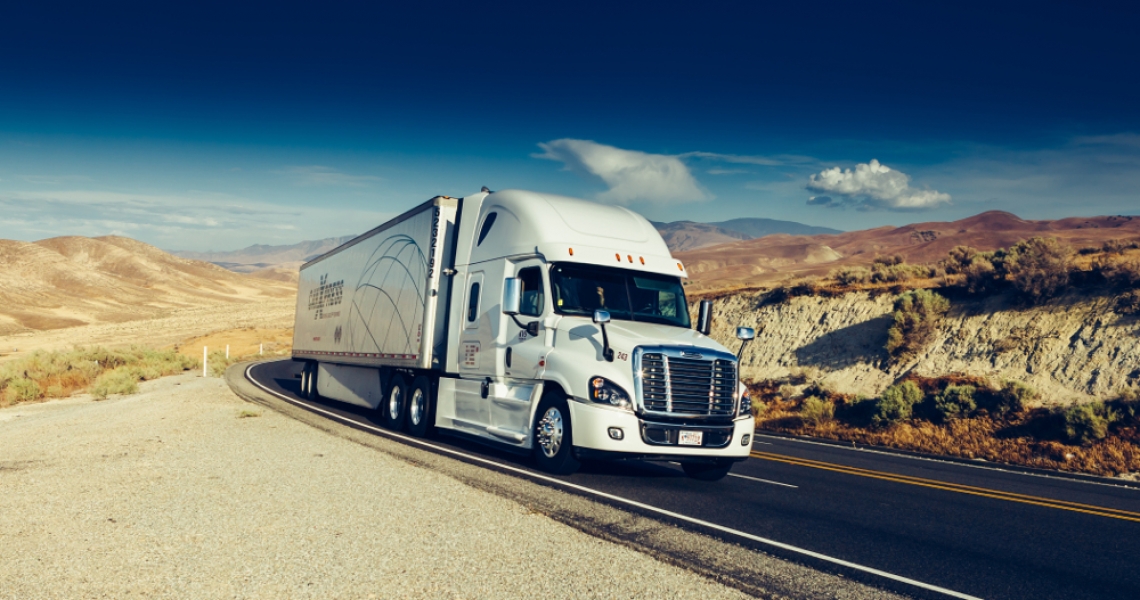

Some features and benefits of LTL shipping are:
#Ftl freight meaning full
The result is an economical mode of transportation for businesses and full utilization of the LTL freight carrier's fleet. When businesses choose to ship LTL, they each pay the cost for the portion of the semi-trailer that their freight occupies. LTL freight carriers usually handle small shipments of freight from multiple businesses, with all of the freight sharing space on a semi-trailer. Less than truckload shipping (LTL shipping) refers to the transportation of relatively small freight.

In today's article, we'll explore LTL vs FTL shipping, and give insight on which may be best for your business. It's important to understand the differences between these two methods of transport, so that you can effectively select the method of transport that will be the most economical and efficient for your business. Two popular methods of transportation are LTL shipping (less than truckload) and FTL (full truckload).

After going through destination customs, the truck carrying your goods can head straight to the consignee’s address without needing to stop at a warehouse for breakbulk first.Businesses that need the services of a freight carrier have many options for transportation of their goods. Usually, the empty truck will head to your address for you to load up and seal the shipment. Service partners like Janio can help you work out which option is the most optimal and cost-effective cross-border trucking service with you if you choose to work with us.įTL shipments don’t need to follow a schedule, unlike LTL. On the other hand, if you know that your shipment is large enough, this could end up being cheaper than LTL. You’ll need to be careful when using FTL as you don’t want to spend more on unused space in the truck. Since your order doesn’t need to share the truck with other shipments, there is less handling as there isn’t a need for consolidation or break bulk most of the time. These trucks can come in 14 footer, 20 footer and 40 footer sizes. Usually, for LTL pick up services may be available from your service provider.įull Truckload freight means that you’ll charter a truck that carries only your load – meaning that you pay a flat amount for the truck regardless of how much space you actually take up. While saving you costs upfront for smaller shipments, this means LTL offers less scheduling flexibility and requires more handling than Full Truckload (FTL). These extra steps means that LTL deliveries could be slower than FTL deliveries. LTL shipments also need to head to a distribution centre for sorting and distribution before the last mile delivery to your consignee’s destination can happen. Depending on how much you are shipping, it may be cost-effective to ship via FTL instead.Īs your orders need to be consolidated with other orders before the international mid-mile leg of the journey begins, you’ll need to adhere to fixed delivery schedules set out by your shipping partner. As for rates, you’ll be charged based on the higher of volumetric weight or actual weight. Less-than-truckload (LTL) freight refers to when your order shares a truck with other shippers’ orders. What is LTL – Less-than-truckload Freight?


 0 kommentar(er)
0 kommentar(er)
